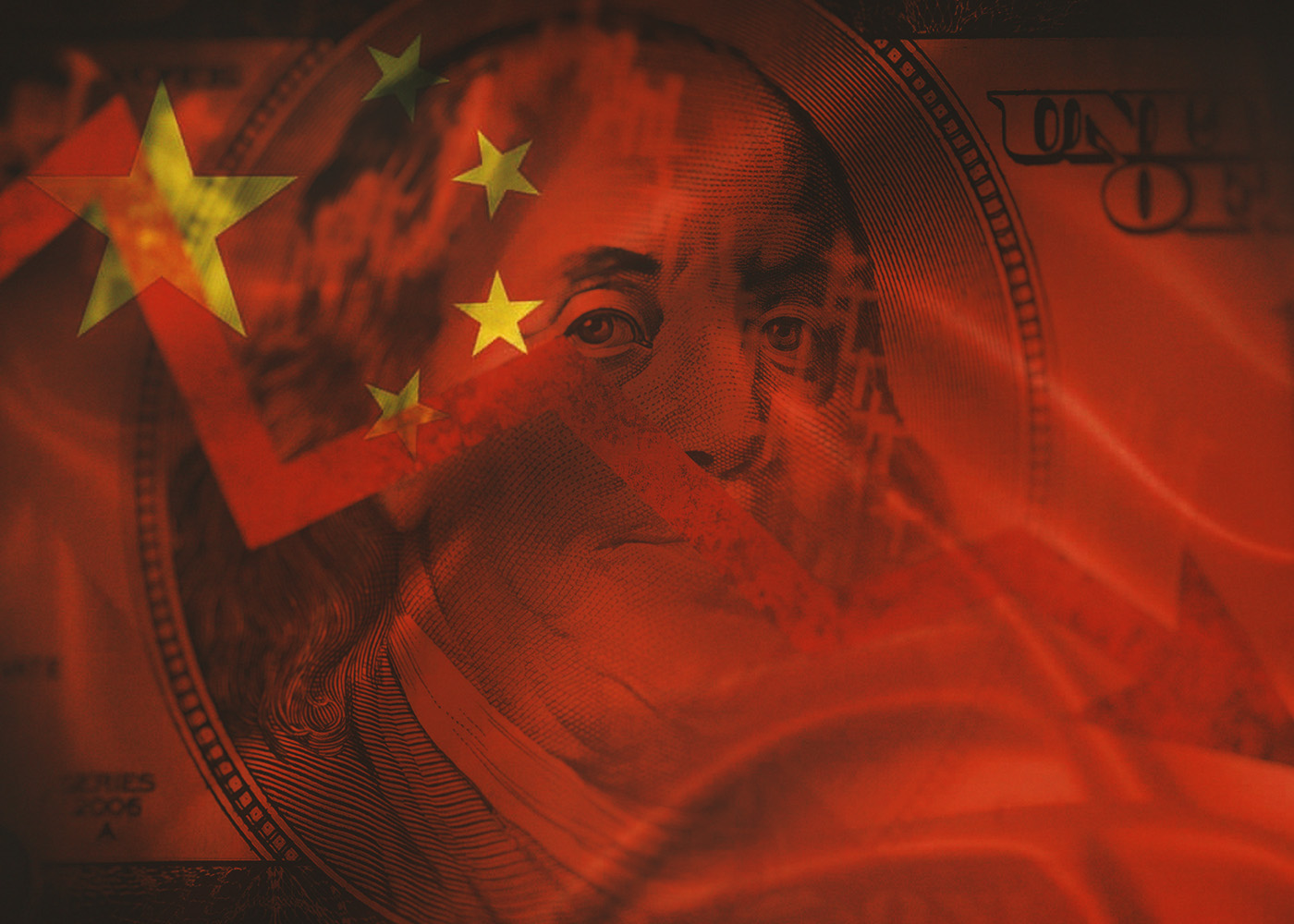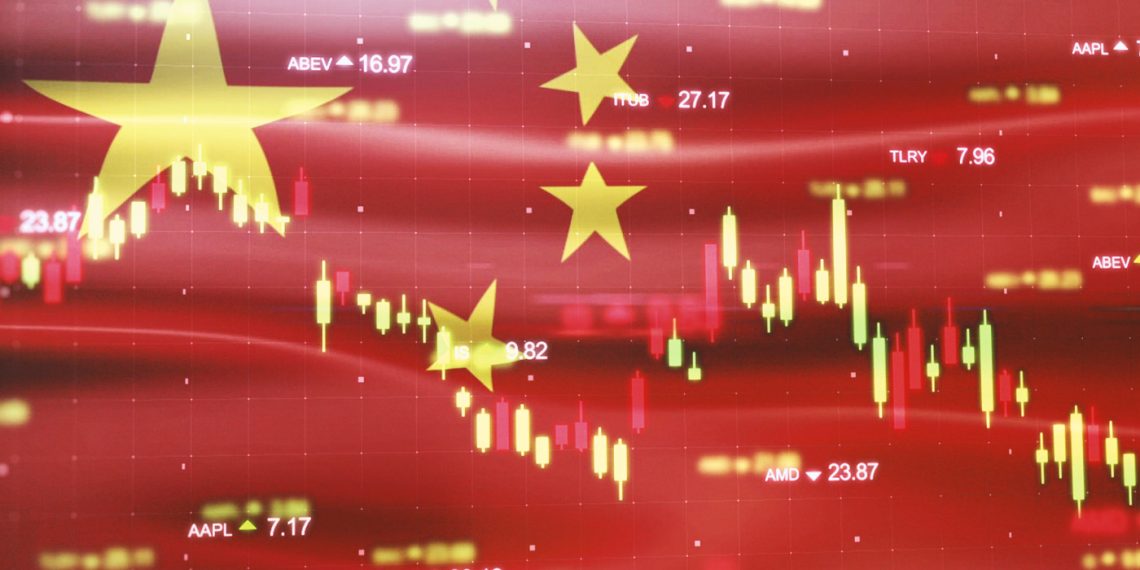China is economy needs to recalibrate due to the “fractured” global order. The new drivers of growth won’t satisfy the global markets. During the National People’s Congress, the Chinese government announced a GDP growth target of “around 5%” for 2023, which is the lowest in more than three decades and below the 5.5% expected by economists. The Chinese administration proposed a modest increase in fiscal support to the economy by expanding the budget deficit target from 2.8% in 2022 to 3% for this year. President Xi Jinping and other officials blamed the West for constraining China’s growth prospects. China’s role in the global economy has changed permanently. To achieve its growth ambitions, China will have to look inward, which means implementing reforms and encouraging domestic consumer spending.
The Fractured Global Economic Order and its Impact on China
The global economic order is “fractured,” and this will have a lasting impact on China’s role. China needs to become self-sufficient to achieve growth, but this is difficult as they haven’t made all the necessary changes yet, and people in China are hesitant to spend. The United States’ global hegemony is “fractured,” with China and Russia distancing themselves from Western democracies. Additionally, Brazil and India are forming a third group that prioritizes their own interests and resists Western pressure to sever economic or military ties.
US Seeks to Reduce China is Global Influence Through Technology Investment and Trade Policies
Moody’s recently published a research note stating that China will continue to face challenges in the global environment as the US and other high-income countries adjust their technology investment and trade policies due to increasing geopolitical and security concerns.China is aware that the US seeks to reduce its global influence by increasing the technology gap, which is expected to widen from five to 10 years currently to around 20 years. To achieve this, the US may use its power to control trade with countries that are innovating in technology areas that can be used for both military and civilian purposes, such as the semiconductor industry in the Netherlands.
Moody’s also stated that Western countries may take additional measures to restrict investment flows to China, limit access to technology, impede China’s firms’ market access, and promote diversification policies, which could continue to affect foreign investors’ risk perception of doing business in China. These measures have the potential to weaken China’s economic outlook.

China is Strained Relations With the US Reflected in the Mining Sector
China’s new foreign minister has stated that the country’s relations with the US have “entirely deviated” from a rational path, highlighting the ongoing tensions between the two nations. This sentiment has been reflected in the mining sector, with concerns over the Chinese Communist Party‘s cautious growth outlook and the potential impact on Chinese operations in the sector. According to experts, the way that China achieves its growth is likely to disappoint, as the focus shifts towards mobilizing domestic spending rather than relying on infrastructure powered by imports of minerals from countries like Australia and the US.
National Security and Centralization Over Economics at the National People’s Congress
At the National People’s Congress, China’s leaders emphasized national security and domestic political centralization of power, with the defense budget expected to increase in 2023. This move towards centralization and defense over economics is also reflected in the government’s ongoing efforts to subordinate state institutions to its will, reducing the autonomy of technocrats and civil service in favor of political leadership. This signals China’s continued pursuit of national security and centralization, rather than global economic integration and decentralization.













